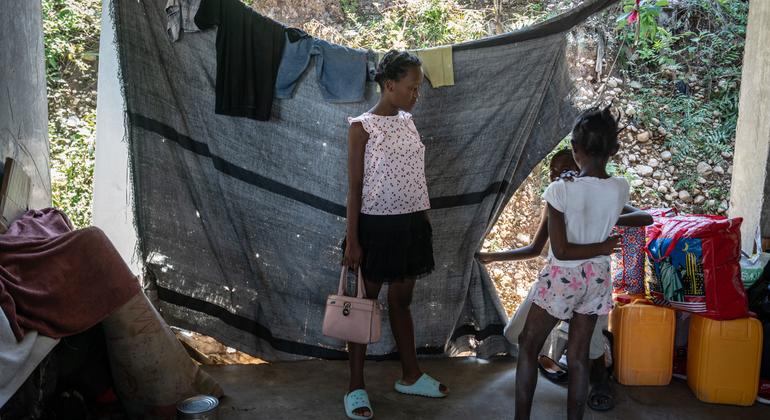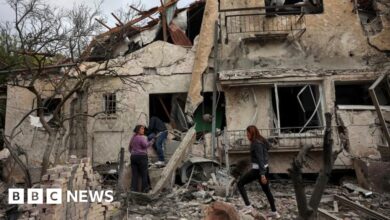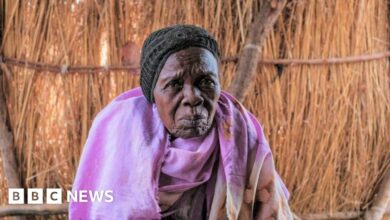Haiti: Child recruitment by armed groups increased by 70%

According to the latest estimates, children now make up half of armed group members, recruitment driven by widespread poverty, lack of education and the collapse of essential services.
“Children in Haiti are trapped in a vicious cycle – being recruited into armed groups is fueling desperation and the numbers are growing.,” speak UNICEF CEO Catherine Russell, noted that “Chaos and terror became part of everyday life”.
Under constant threat
The situation in the country’s capital Port-au-Prince is alarming, with 1.2 million children regularly living under the threat of armed violence. An estimated 25% of the country’s 703,000 internally displaced people are children, living in poor conditions and facing multiple threats.
The deteriorating security situation has led to a sharp increase in violence targeting Haiti’s most vulnerable populations. Sexual violence and rape have become rampant, with reports from the Office of the United Nations Special Representative for Children and Armed Conflict showing a tenfold increase in the number of children experiencing sexual violence just this year.
This year, UNICEF provided support services, including psychosocial support and community sensitization to more than 25,000 people affected by sexual and gender-based violence by 2024.

A female student in Port-au-Prince holds up a sign in French that says ‘peace’.
Protection and recovery efforts
In response to the protection crisis facing children recruited by armed groups or at risk of recruitment, UNICEF has undertaken a number of initiatives including training of security forces and other civil society organizations on child protection measures. They also provide care for former child soldiers, along with psychosocial support and family reunification services.
UNICEF is calling on all parties in Haiti to prioritize child protection, support the immediate release of recruited children, and ensure their rights are at the heart of any agreement.
“Children in many places in Haiti have endured atrocities that no child should have to experience,” Ms. Russell emphasized, adding that it “leaves them with psychological scars and Emotions can haunt them for life.”




